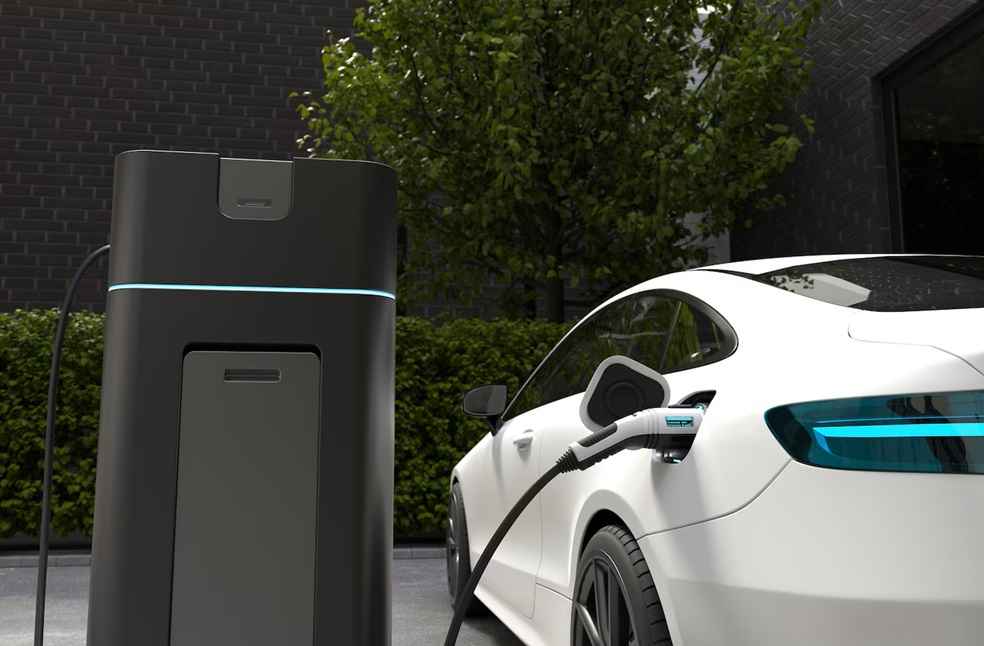South Korea’s major industrial players are increasing their investments in electric vehicle battery recycling, anticipating the sector’s pivotal role in the evolving EV battery supply chain, even as the industry grapples with a downturn, the Korea Herald reported.
Leading the charge is LG Energy Solution, the country’s largest battery manufacturer, which has established joint ventures in both Europe and the United States. In Europe, LG partnered with France’s Derichebourg, while in the U.S., it joined forces with Toyota Tsusho. These ventures mark LG’s direct entry into the global recycling market.
SK Ecoplant, the construction and engineering subsidiary of SK Group, is expanding its recycling capacity in the Netherlands. Its facility is set to process an additional 25,000 metric tons of black mass annually, with the upgrade expected to be completed by 2025.

Another significant move comes from Posco-GS Eco Materials, a joint venture between Posco Holdings and GS Energy. The firm recently acquired full control of its recycling unit, Posco HY Clean Metal, by purchasing the remaining 35% stake from China’s Huayou Cobalt in April.
These developments come amid a sluggish battery recycling market, attributed to weakened EV demand and sharply falling prices for essential minerals such as lithium, nickel, and manganese. Lithium carbonate prices, once over 450 Chinese yuan ($63) per kilogram in early 2023, have plunged to around 50 yuan. Nickel has also dropped from more than $31,000 to approximately %20,000 per ton.
This downturn has affected major recyclers like SungEel HiTech, one of only two battery recycling companies listed on Korea’s Kosdaq. The company has reported declining profitability and negative free cash flow for two consecutive years. A joint venture with SK Innovation, announced in 2022, has been indefinitely delayed, while planned facilities by SK Ecoplant in Gyeongju and Kentucky have seen little progress.

Despite current headwinds, industry experts remain optimistic. They point to the anticipated surge in end-of-life EV batteries, typically occurring a decade after deployment, as a major growth driver. Given the global EV sales boom that surpassed one million units in 2015, a wave of used batteries is expected to enter the recycling stream over the coming years.
According to SNE Research, the global EV battery recycling market, valued at $8 billion in 2022, is projected to grow to $53.57 billion by 2030.
Regulatory frameworks are also shaping industry strategies. The European Union mandates that by 2031, EV batteries sold in the region must include specific levels of recycled metals, such as 16% cobalt and 6% each for lithium and nickel. These requirements will tighten further by 2036.
In the United States, the Inflation Reduction Act bars EVs from receiving tax credits if key battery materials originate from ‘foreign entities of concern,’ increasing the appeal of domestic recycling as a source of critical minerals.
Experts note that integrating recycling into the battery lifecycle is becoming essential for manufacturers to remain competitive, meet regulatory expectations, and ensure long-term sustainability in the electric mobility era.
GENERAL | Hyundai Tops 2025 IIHS Safety Awards with 15 Winning Models





